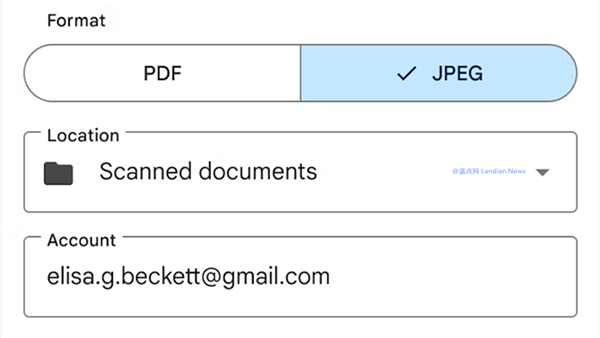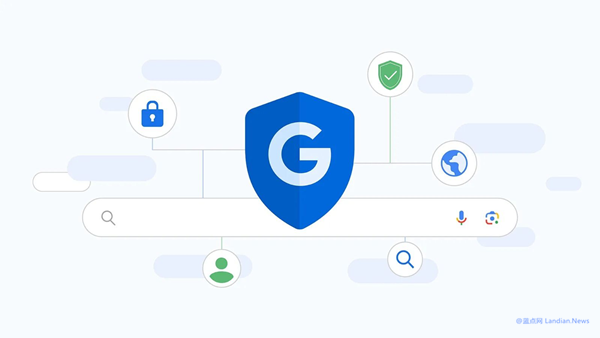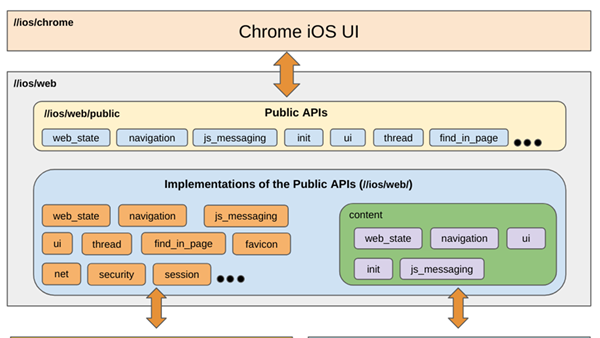Google Faces Antitrust Defeat: Exclusive Apple Deal Deemed Illegal
A new development has emerged in the antitrust case against Google in the United States: federal judge has ruled that Google has monopolized the search and advertising market, violating U.S. antitrust laws.
The judge also highlighted that various exclusive agreements reached by Google with Apple and the Mozilla Foundation are illegal acts. Google pays Apple $20 billion annually to be the default search engine on the Safari browser and pays approximately 80% of advertising revenue shares to become the default search engine on Mozilla Firefox.
Losing the support of Firefox is not a big problem for Google, as Firefox's market share is very low and does not have a significant impact. However, losing Apple's support would pose a major issue.
The agreement with Apple makes Google the default search engine on iOS, iPadOS, and macOS, contributing significant advertising revenue to Google. This is why Google is willing to pay a hefty $20 billion, which is crucial for both Google and Apple.
Interestingly, Google emphasized that its agreement with Apple is not exclusive, meaning Apple also collaborates with other search engines, and users can change the default search engine in settings. However, the judge refuted Google's claim, noting that Apple, considering the potential Tens of billions in guaranteed income from Google, has no incentive to develop its search engine, despite having the capability.
The federal judge stated in the ruling: After careful consideration and weighing of witness testimonies and evidence, the court concludes that Google is a monopolist and its actions are aimed at maintaining its monopoly position.
Regarding the manipulation of the advertising market, the judge mentioned that Google has admitted it can do almost anything it wants with Google Search and its advertising business without worrying about users switching to other search engines or advertisers choosing other platforms.
Google's internal research clearly shows that it can systematically worsen the search engine without affecting users and/or usage in any way, shape, or form, because there are no better alternatives for users.
Therefore, the judge believes that being able to raise prices without worrying about losing customers is a clear sign of monopoly, and being able to worsen the product without losing users is also a clear sign of monopoly.
Undoubtedly, Google will appeal this ruling. Antitrust cases of this magnitude usually take several years or even longer to reach a final outcome, but the current situation is clearly unfavorable for Google.










